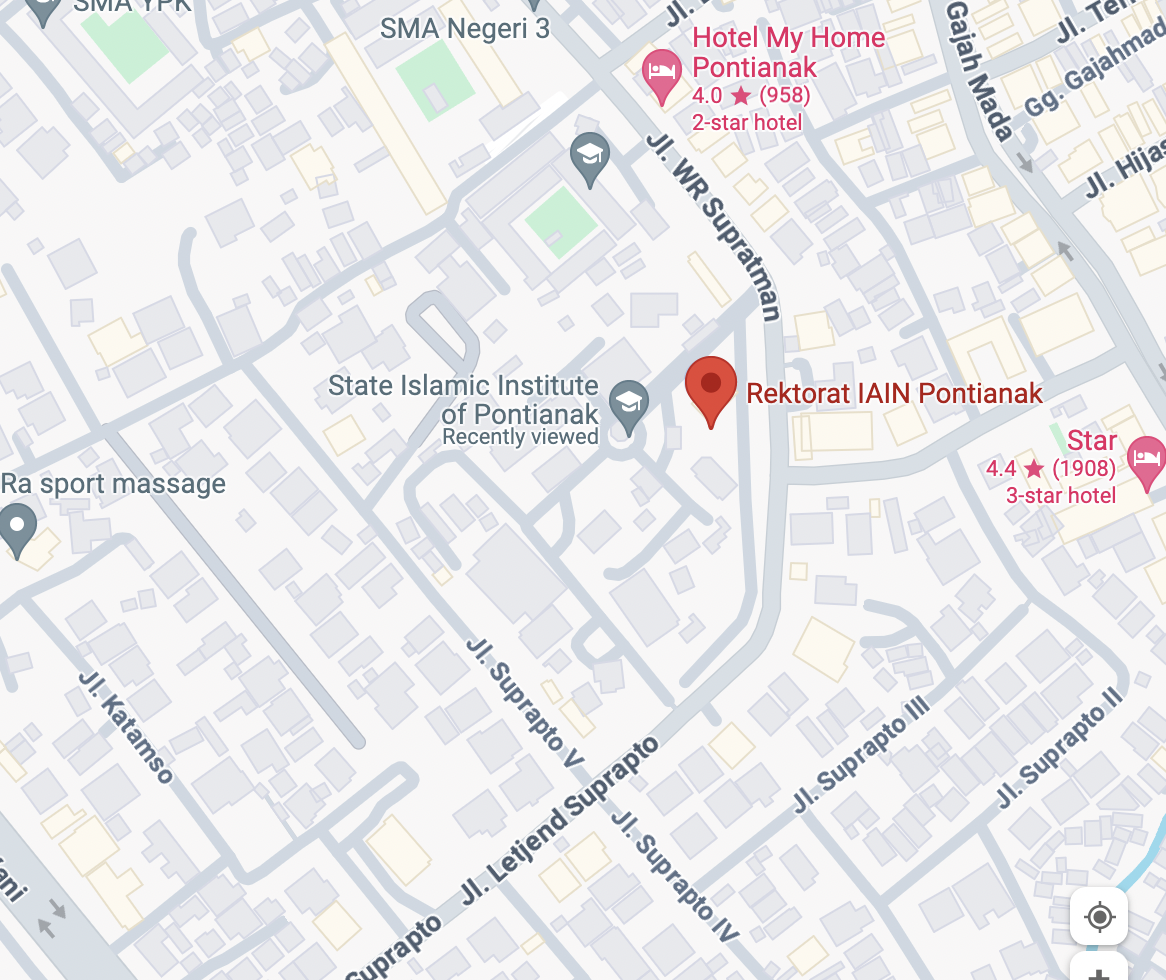BISNIS KULINER KONSEP ALL YOU CAN EAT PERSPEKTIF KOMPILASI HUKUM EKONOMI SYARIAH
DOI:
https://doi.org/10.24260/al-aqad.v2i2.959Keywords:
Culinary Business, Gharar, Sharia Economic LawAbstract
The purpose of this study was to determine the practice of buying and selling food with the concept of all-you-can-eat at a Korean cuisine restaurant in the city of Pontianak from the perspective of the Sharia Economic Law Compilation (KHES). Researchers used qualitative research methods with a juridical-empirical approach. Sources of data using primary data in the form of interviews with restaurant managers and customers. While secondary data in the form of books, research, and compilation of sharia economic law applicable and relevant to the purpose of this study. The results showed that the practice of buying and selling food with the all-you-can-eat concept was carried out directly. The sale and purchase of food with the all-you-can-eat concept from the perspective of the Compilation of Sharia Economic Law are in accordance with Article 81 of the KHES paragraph (3) regarding the procedures for handing over goods and paragraph (2) concerning the habits and propriety of buying and selling objects. Buying and selling with the concept of all you can eat is not in accordance with Article 4 of the Law 2014, which states that products that enter, circulate, and trade in the territory of Indonesia must be certified halal. Because there are restaurants that are not yet MUI halal certified, it would be better if this concept was adapted by restaurants by prioritizing MUI halal certification. However, buying and selling food with the all-you-can-eat concept can be said to be legal and allowed in its entirety.






